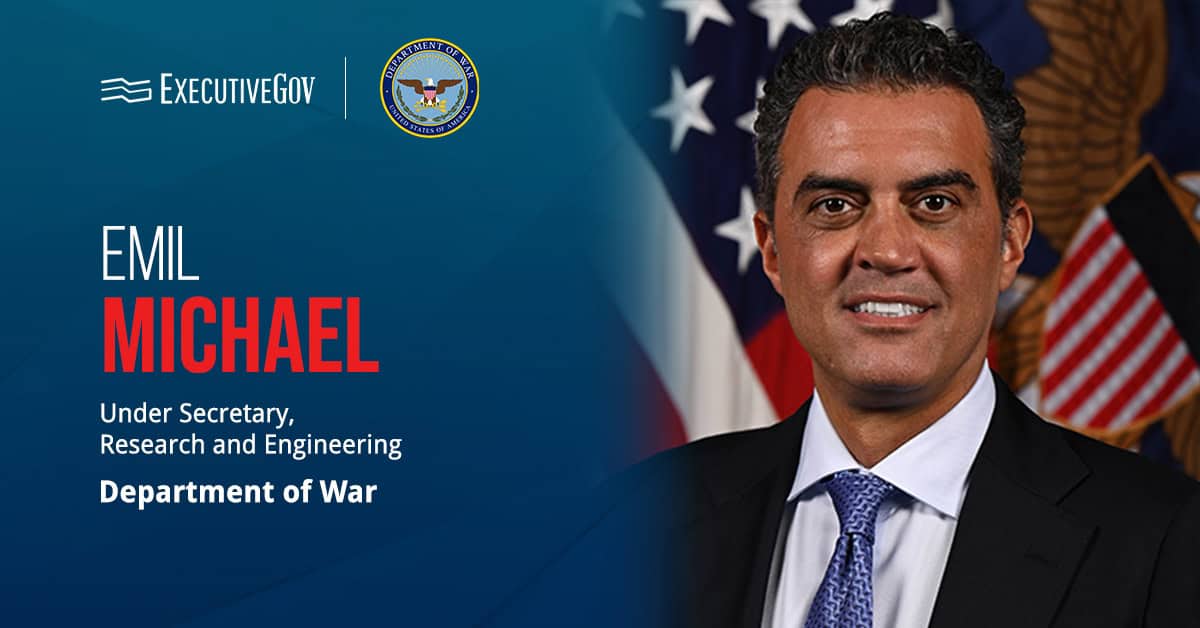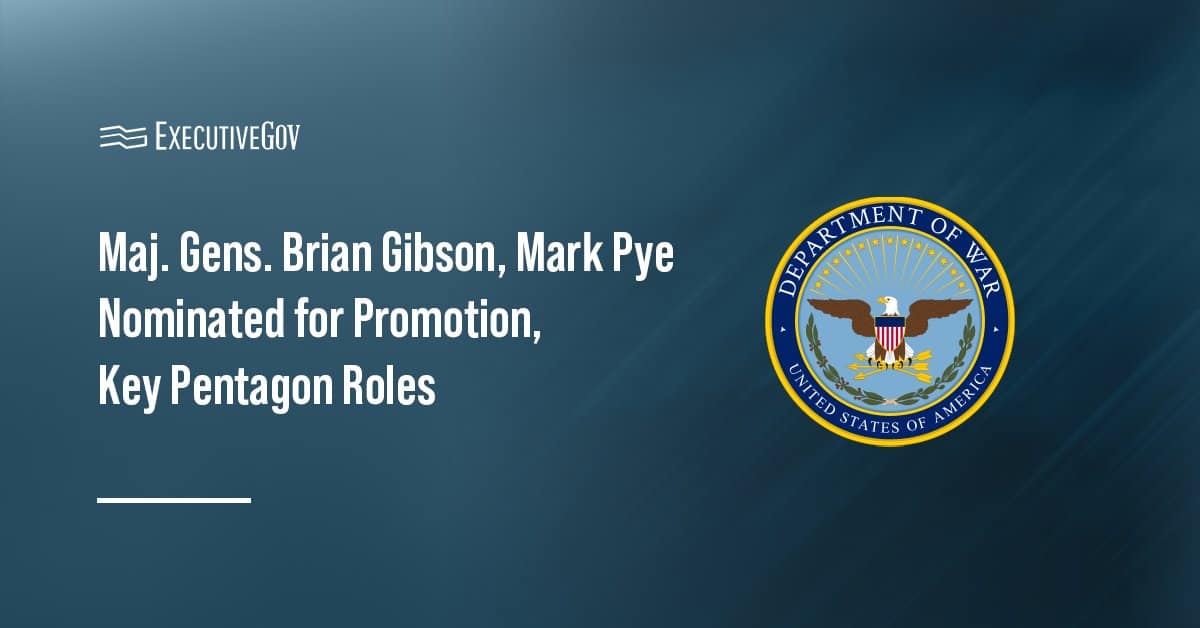Gen. John Murray, head of Army Futures Command (AFC) and a two-time Wash100 Award recipient, said the service’s six modernization priorities, including network and long-range precision fires, will stay the same and that he will continue fighting for funds to support large-scale experiments amid projections that defense budget will likely remain flat in the coming years, FedScoop reported Monday.
“We just cannot afford to pass up this opportunity,” Murray said of AFC’s work during a Center for Strategic and International Studies event Monday.
Murray mentioned network modernization plans in 2021 including AFC’s intent to bring to the tactical edge its U.S.-based network infrastructure in support of the command’s long-term goal to connect sensors to warfighters.





